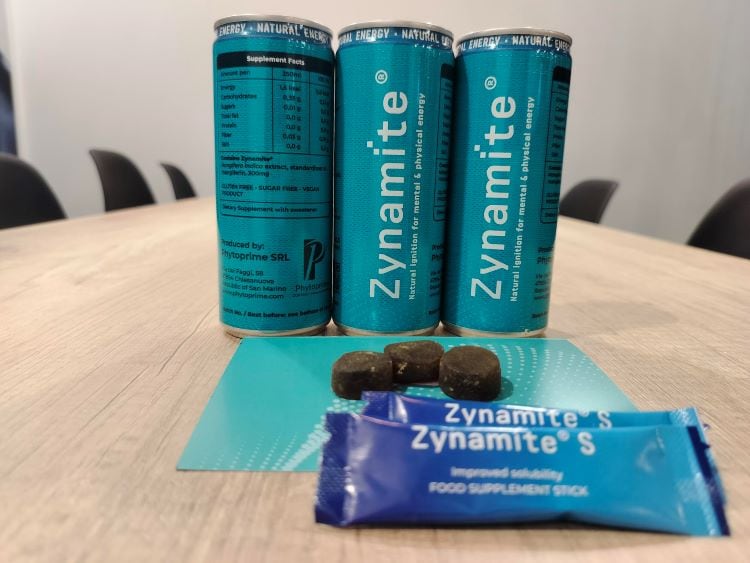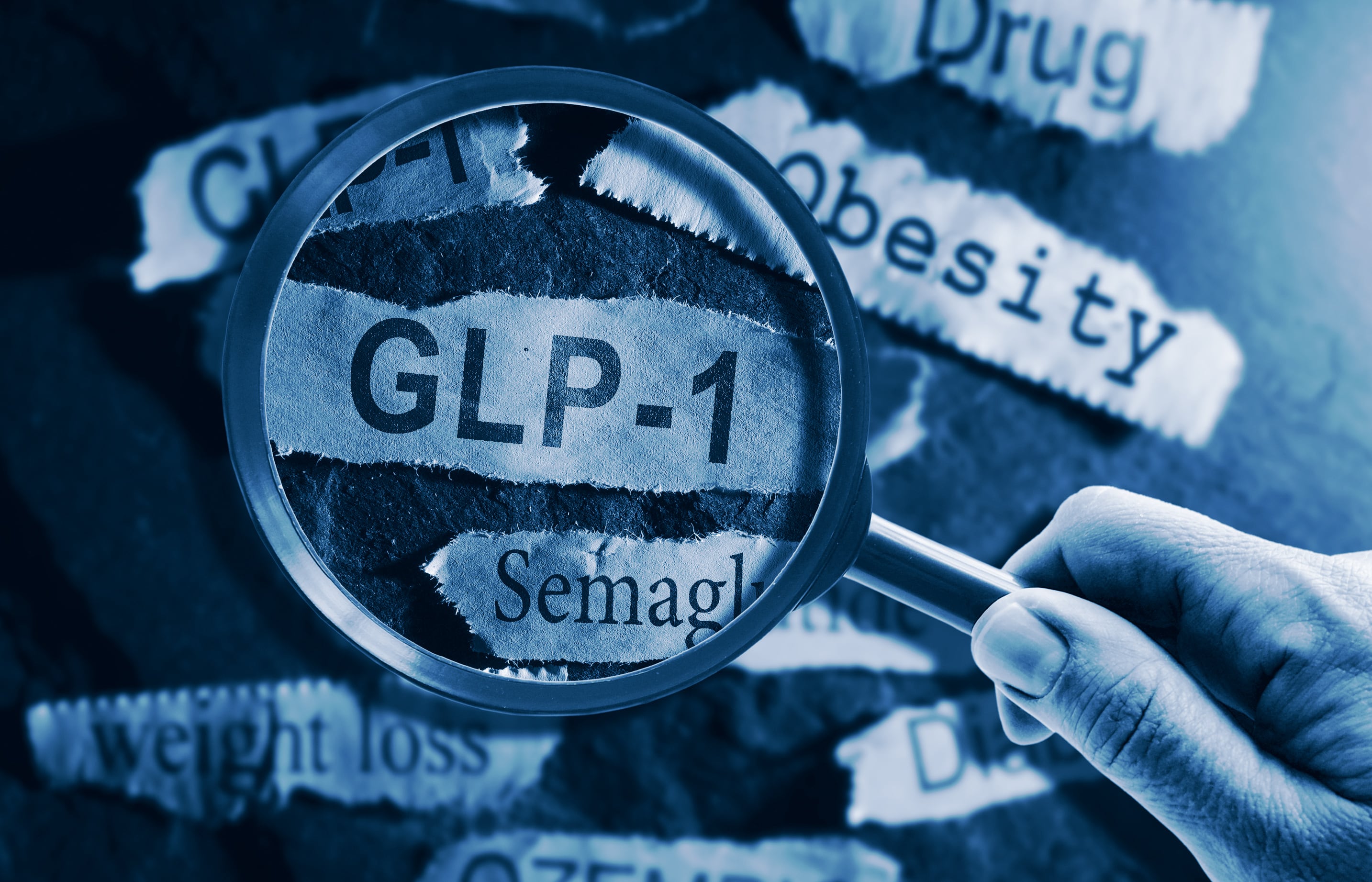The company showcased a ready-to-drink (RTD) concept containing its proprietary ingredient Zynamite - a standardised extract of the Mangifera indica leaves or mango tree leaves - at the recent Vitafoods Europe trade show held in Barcelona.
The extract is said to be rich in mangiferin and other bioactives, with its functions targeted at improving cognition, sports performance, and sports recovery.
While Zynamite made its market debut about seven years ago, its applications were largely limited to powder and capsules supplements.
Today, however, its applications have been expanded to RTD beverages, powder stick, and gummies.
These new formats are achieved through the use of a proprietary technology that improves the solubility of the extract in water, as well as its bioavailability.
The technology is said to have improved bioavailability by three to four times higher. As a result, only a smaller dose - at 100mg - is required to achieve the optimal results. Previously, the optimal dose was around 300mg.
The upgraded version of Zynamite with higher solubility is now marketed as Zynamite S.
Speaking to NutraIngredients-Asia at the trade show held between May 20 and 22, Mai Nygaard, strategic marketing director at Nektium, pointed out how new market trends have opened doors for new product applications of Zynamite S.
“Mangiferin, the bioactive ingredient, is not very soluble in water, but by using some smart technologies in our in-house processing plant, we have made it fully soluble in water.
“By doing so, we can now introduce it into beverages like RTDs, which is a very convenient format,” she said.
By making Zynamite applicable to more product formats, the company will be able to reach out to more consumer segments, such as those who consume energy and sports drinks.
For example, Zynamite S can be formulated with electrolytes to meet both energy and sports users requirements.
The expansion of product formats is also in line with emerging market trends, where the pursuit of an active lifestyle is blurring the lines between sports and energy drinks, especially in the US and Europe.
“People are looking for natural, plant-based drinks that are healthier but can still give functional benefits.
“And so, you can see a little bit of blurred lines between sports and what was traditional energy drinks and we see that segment growing very rapidly. Also, big beverage manufacturers are very interested in new innovations that fit into that segment,” she said.
In addition, she notices that the RTD format is become more prevalent in the sports nutrition segment that is traditionally dominated by powder and shakes.
“If you were to attend a sports conference these days, you can see that there are so many beverage offerings now. Before, people would have powder mixes or shakes, but now, there are so many more beverage options.
“I think it appeals more to the active lifestyle consumers, which means we’re moving more in to the active lifestyle and energy segments,“ she said.
New clinical trial shows improvements in mental, mood performance
Aside from new product applications, new clinical findings on Zynamite S’s mental and mood supporting benefits have been published in the journal Pharmaceuticals.
The acute study, conducted on 119 university students, reported that supplementation of Zynamite S has led to significant improvements in mental clarity and overall emotional wellbeing.
“Zynamite has historically being used as a pre-workout to provide energy and focus for sports training, but now, we have added more evidence for the cognition space, because a lot of people are asking for alternatives to caffeine and sugar drinks.
“There’s a lot of demand for more natural ingredients, as such, botanicals are popular as ingredients to fuel energy,” said Nygaard.
During the trial, the participants were randomised to take either 100 mg or 150 mg of Zynamite S, or placebo in a double-blind crossover design.
The acute effects of the ingredient on cognitive performance and emotional state were measured at 30 min, three hours, and five hours post-administration.
The effects were tested using methods such as Profile of Mood States (POMS), the Rey Auditory Verbal Learning Test (RAVLT), Trail Making Test (TMT), Digit Symbol Substitution Test (DSST), and Stroop Colour and Word Test and Stroop Interference (STROOP).
Findings showed significant improvements in cognitive functions for participants taking the ingredient.
This is based on the results of TMT, which tested various cognitive domains, such as processing speed, visual attention, and executive function.
Statistically significant improvements in cognitive performance were observed exclusively at the fifth hour for the group taking both 100mg and 150mg of Zynamite S. The placebo group showed no significant change over time.
The effects of Zynamite S supplementation on TMT results were also dose-dependent.
Analysis showed that the group taking the higher dose of Zynamite S - at 150mg - exhibited a greater improvement than the the group taking the smaller dose of 100mg when it comes to the amount of time needed to complete the tests.
Similarly, significant improvements were seen in both intervention groups for their DSST results.
The researchers concluded that the acute administration of low doses Zynamite S has promoted significant improvements in cognitive function tasks related to selective attention, processing speed, and executive functions.
The dose of 150 mg, in particular, yielded greater amount of improvements particularly in tasks requiring greater cognitive control and inhibition of automatic responses.
“This study provides compelling evidence that Zynamite®S not only enhances cognitive performance but also improves mood parameters and perception of stress.
“A dose response was demonstrated for Zynamite®S, with the 100 mg dose suitable for moderate stress and cognitive demands and the 150 mg dose offering greater benefits, potentially suitable for more stressful and cognitively demanding situations," said the researchers.



